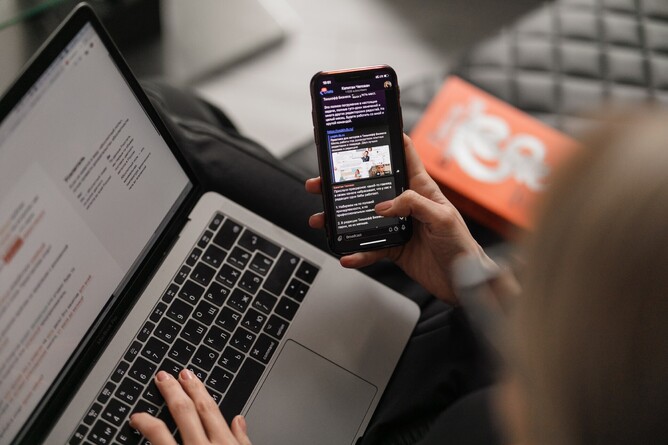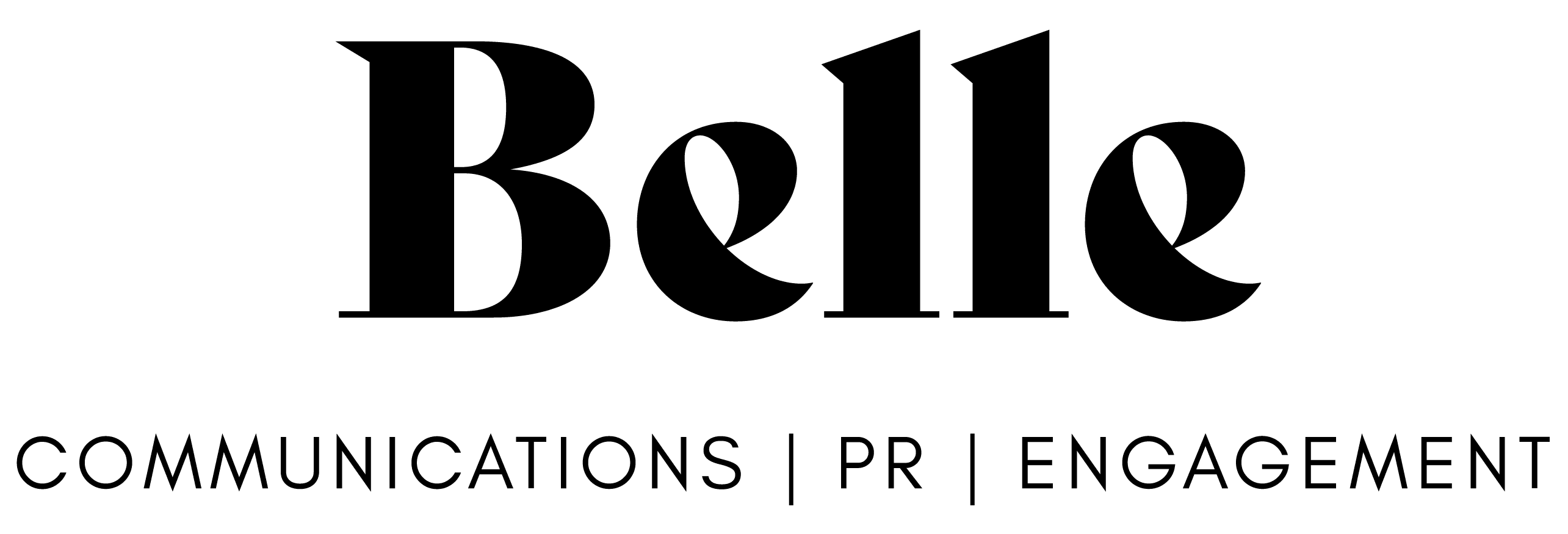Emails are one of the most useful ways to communicate with colleagues, customers and stakeholders. They’re also a powerful tool for digital marketers.
On an average day in the office, I typically send and receive about 150 emails a day. My inbox is crazy and I could very easily tap my days away at my keyboard if I didn’t organise my inbox well, send emails with the right content to prompt the best response, and know when it’s the right time of get off email altogether.
Emails provide a convenient way to communicate, but they’re often one of the most ineffective ways to communicate.
Who can relate to these examples?
- Employees relying on emails to communicate and collaborate with each other on a project or to solve an issue
- A long story provided by the recipient when you just want them to get to the point
- Important information buried in a long email thread that you spend ages scrolling through
- Copied into an email or sent an ‘FYI that you’re actually asked to action or respond to
It’s safe to say email will remain one of the top communication tools of our time, so here are ten ways you can improve the way you’re communicating with email.
1. Start with a great subject line
A subject line is like a headline for a news story. You want it to be clickable! So your email subject line must be relevant to the content contained in the email. Keep it snappy!
2. Personalise your greeting
Always address the recipient directly i.e. ‘Kia ora Sarah’ or ‘Good morning Rachel and John’. Don’t just say ‘hey’, or worse, ‘hi’, because it can come across as rude, lazy and impersonal.
3. Clarify the purpose of your email
Be clear about the reason for your email and include direct, specific questions that you would like the person to answer.
4. One message only
Long, text heavy emails are frustrating and annoy people. Emails are supposed to be read quickly, so don’t overload your recipient with tonnes of key messages. Instead, stick with one message and get to the point quickly.
5. Be clear about what you’re asking
Emails are often misinterpreted or misconstrued because of ambiguous language. Be clear about what you’re asking to avoid a misunderstanding.
6. Don’t copy and paste
Always attach a seperate document if there is a significant amount of text to include. That way your recipient can review it in their own time.
7. Sign off with a call to action
Remind the person of your key message by concluding with a call to action. This sets an expectation that the person must respond to you, and will prompt a reply.
8. Include an email signature
Your email signature is a place to sign off with your name and relevant contact information.
9. Formatting is everything
Check if you can condense the email content. Then make it easier for the person on the other end to read with formatting, for example bullet points, short paragraphs, and bold or underlined text for key points like dates and times.
10. Proofread!
It goes without saying that a final grammar and spellcheck before you hit send will do wonders to build respect and maintain your reputation.
Before I sign off this blog, make sure you’re using the To and CC fields correctly. The purpose of the CC field is to keep the recipient in the loop. Never copy someone who needs to respond to your email.
AND LASTLY…
Do you really need to send an email? Maybe a phone call, face-to-face chat or meeting will get a better outcome! So don't be afraid to get off the keyboard altogether.
Want to know more?
I'd be happy to share some more tips and provide advice to suit your situation. Get in touch or follow Belle PR on LinkedIn.

